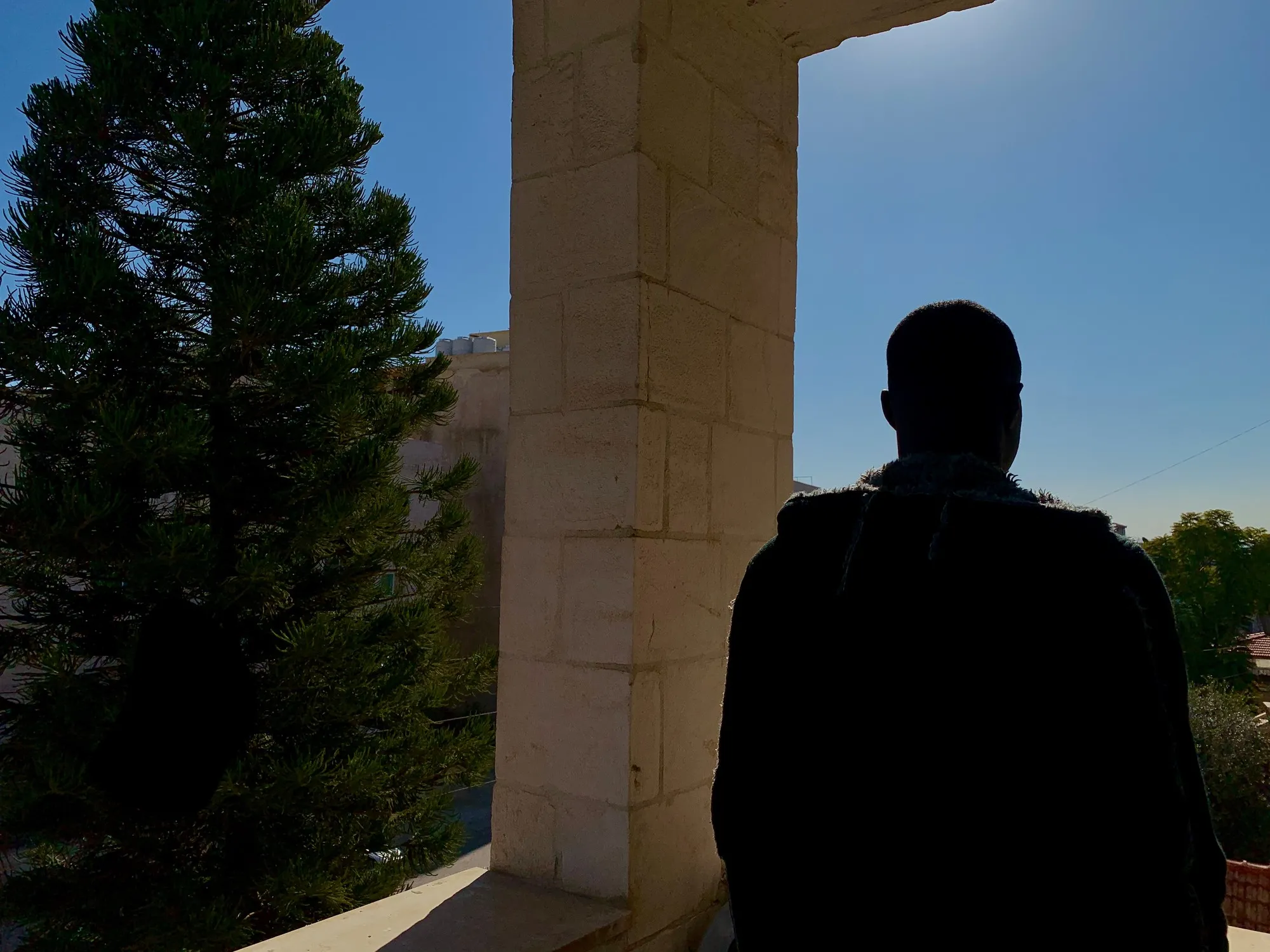Saeed, a 34-year-old Nigerian refugee living in Jordan, was forced to flee Nigeria after armed insurgents killed his wife and son and burned his house and shop.
“One night at midnight, armed men came to attack me,” says Saeed, who has been living as a refugee in Amman, Jordan since December 2017. “I ran through the window to find a place to hide; my wife told me to. I was their target. I hid in the forest for three days, during which time they burned down my house and my shop, and killed my wife and son.”
Since 2009, Nigeria has been struggling with armed insurgencies that have killed tens of thousands and displaced at least 2,400,000 inside the country. Saeed and his family had a good life, until the moment he lost everything.
“I was working at a company for imports and exports until 2014, then I resigned to start my own business,” he says. “I opened a store for wholesale provisions, got married and started managing the business with my wife. That was all before the insurgence. We were making good money; we had a house: a three-bedroom apartment upstairs and the shop and warehouse downstairs.”

